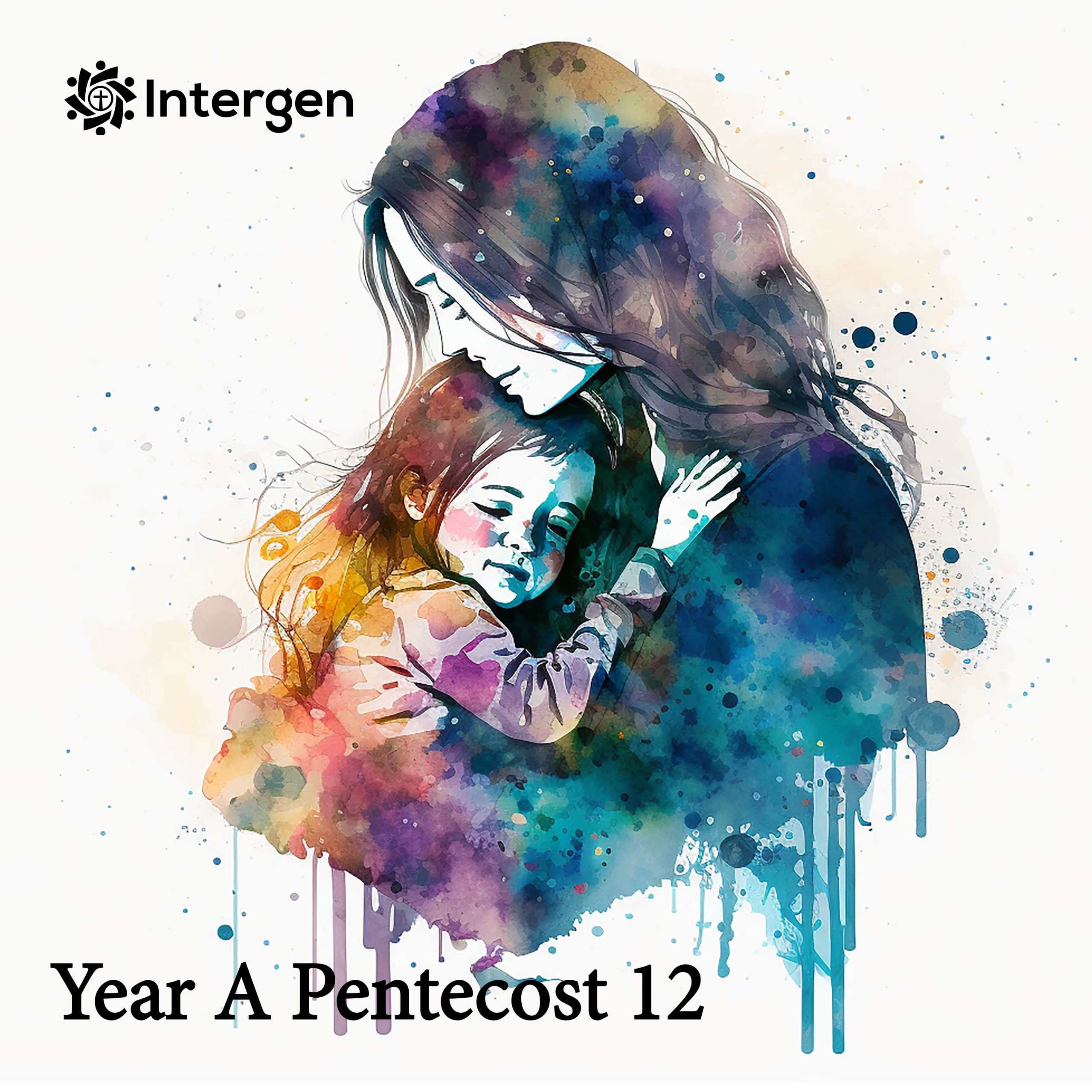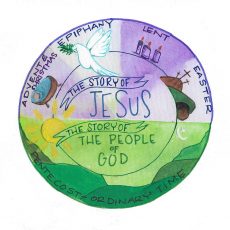Description
Jesus’ interaction with the Canaanite woman in Matthew 15:21-28 is, for many people, a confronting one. Jesus’ apparent (real?) reluctance to engage with the woman, and his initial words to her, seem to be at odds with the compassionate, loving action we might expect. As the “difficult” conversation progresses, though, the woman’s faith is commended, her request is granted, and her daughter is healed.
Jesus’ interaction with the Canaanite woman is, for many people, an encouraging and empowering one. It affirms the humanity of Jesus, it values the agency of the woman and it allows space for robust encounters of faith. The end result is an affirmation of the woman’s faith, a positive response to her pleas and the healing of her daughter.
Part of the complexity of this text is the fraught question of land, who is “in” and who is “out”, and who gets to decide anyway! The very description of the woman as a “Canaanite” points us back to the experience of the Israelites as the “oppressed” in Egypt becoming the “oppressors” of the people in Canaan. At the same time, by the point in history where the interaction between the Canaanite woman and Jesus takes place, the Jewish people are no longer the colonisers but are instead well and truly colonised. A complicated situation!
When it comes to land in 21st Century in Australia, some would say it is also complicated. Others would say it is quite simple – a colonising power took over the land and the time is now for some form of recognition, restitution, or perhaps even restoration. When confronted with demands for justice, fairness, and greater equity, it is often the more privileged who have the most to lose, who need to change, who need to give something up. As much as we would sometimes like to think otherwise, it is often the church that is in such a position of privilege. What might we – as the church and as the individuals who comprise it – need to change or give up in order to be even more faithful responders to God’s call on our lives?
Clearly there is much attention that needs to be given to the historical context of this interaction, the gender dynamics at play and what it means for Jesus to say “I was sent only to the lost sheep of Israel” at this point in the gospel narrative – let alone wondering what it might mean for us today. May you and your community enjoy the challenge of wrestling with this intriguing and challenging text!

